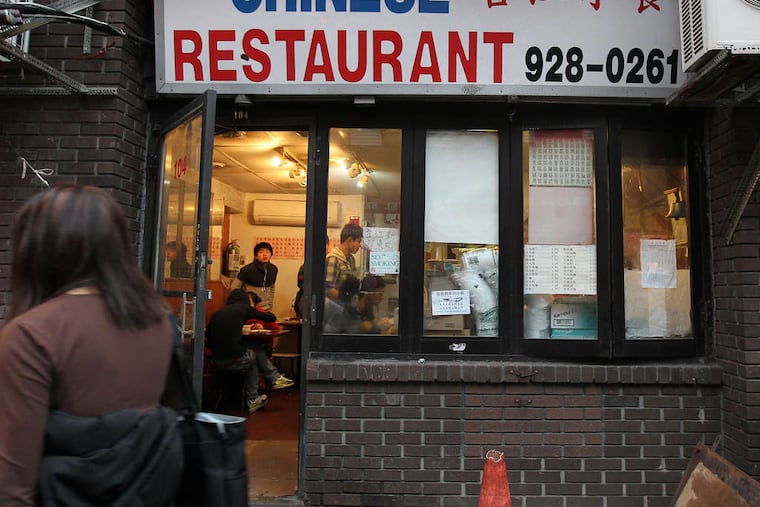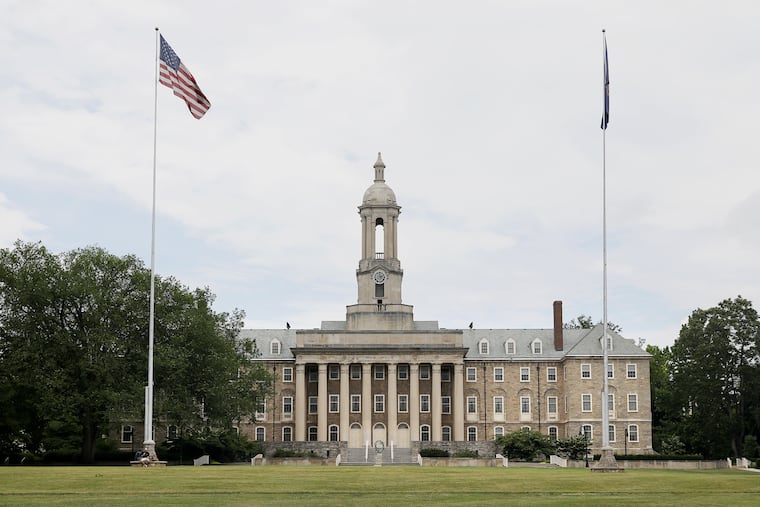Philadelphia’s budget fails to address urgent community crisis facing residents.
Philadelphia is currently facing a critical juncture, yet city leaders appear to be responding with complacency rather than urgency. This comes at a time when federal initiatives are being dismantled by a political movement that seems intent on undermining support for economically disadvantaged communities, particularly those comprising Black, brown, and immigrant populations.
Recently, the Philadelphia City Council passed the initial reading of a budget that many perceive as insufficient to address the pressing needs of its citizens. Those advocating for a more comprehensive budget assert that the current proposal fails to adequately confront the socio-economic challenges exacerbated by federal funding cuts. These cuts manifest through reductions in vital programs, including Medicaid, food assistance, and housing support, which thousands of families across Philadelphia depend on for their basic survival.
Compounding these systemic challenges is the ongoing impact of federal immigration policies that threaten the security of immigrant communities. With proposed mass deportations targeting individuals in sanctuary cities like Philadelphia, the safety of many residents is in jeopardy.
The proposed budget includes substantial reductions to the Business Income and Receipts Tax, which critics argue disproportionately benefits wealthy corporations and affluent business owners. This decision could create a budget deficit of approximately billion over the next decade, raising concerns about the long-term sustainability of city services at a time when they are needed most.
The implications of these budget decisions extend beyond financial figures; they speak to the fundamental vision of Philadelphia as a city that prioritizes the needs of its residents over those of wealthy entities. Local leaders have previously demonstrated a willingness to cater to affluent developers at the expense of working-class citizens, culminating in protests and pushback from those advocating for equitable development and community investment.
In neighborhoods across the city, longtime residents are increasingly being displaced, as rising costs of living and luxury developments threaten the fabric of local communities. Initiatives like Mayor Cherelle L. Parker’s HOME initiative, although presented as a solution, have thus far failed to deliver significant support for affordable housing or to protect low-income renters and homeowners from displacement.
As apprehensions grow within immigrant populations—stemming from fears of deportation—the call for Philadelphia to reaffirm its status as a sanctuary city has intensified. Advocates urge city leadership to break away from federal cooperation that compromises community safety and to instead invest in critical services that empower these vulnerable populations.
The Alliance for a Just Philadelphia has proposed an alternative budget that emphasizes social equity, advocating for increased investment in housing, educational resources, and essential community services. This approach calls for the wealthiest individuals to contribute their fair share, recognizing that the city cannot afford to overlook their social obligation.
Ultimately, for Philadelphia to truly reflect the diverse and vibrant community it serves, it requires leadership that recognizes the importance of community well-being over the interests of a privileged few. A robust, bold budget rooted in equity and care is necessary to ensure that all residents can access the resources and opportunities they deserve. As discussions around the city budget continue, the call for accountability and action remains urgent and critical for the future of Philadelphia.
Media News Source.







